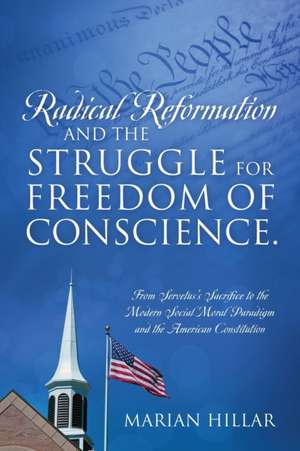Radical Reformation and the Struggle for Freedom of Conscience.
Autor Marian Hillaren Limba Engleză Paperback – 27 sep 2019
Preț: 115.57 lei
Nou
Puncte Express: 173
Preț estimativ în valută:
22.12€ • 22.85$ • 18.41£
22.12€ • 22.85$ • 18.41£
Carte disponibilă
Livrare economică 04-18 martie
Preluare comenzi: 021 569.72.76
Specificații
ISBN-13: 9781977216526
ISBN-10: 1977216528
Pagini: 236
Dimensiuni: 152 x 229 x 13 mm
Greutate: 0.32 kg
Editura: Outskirts Press
ISBN-10: 1977216528
Pagini: 236
Dimensiuni: 152 x 229 x 13 mm
Greutate: 0.32 kg
Editura: Outskirts Press
